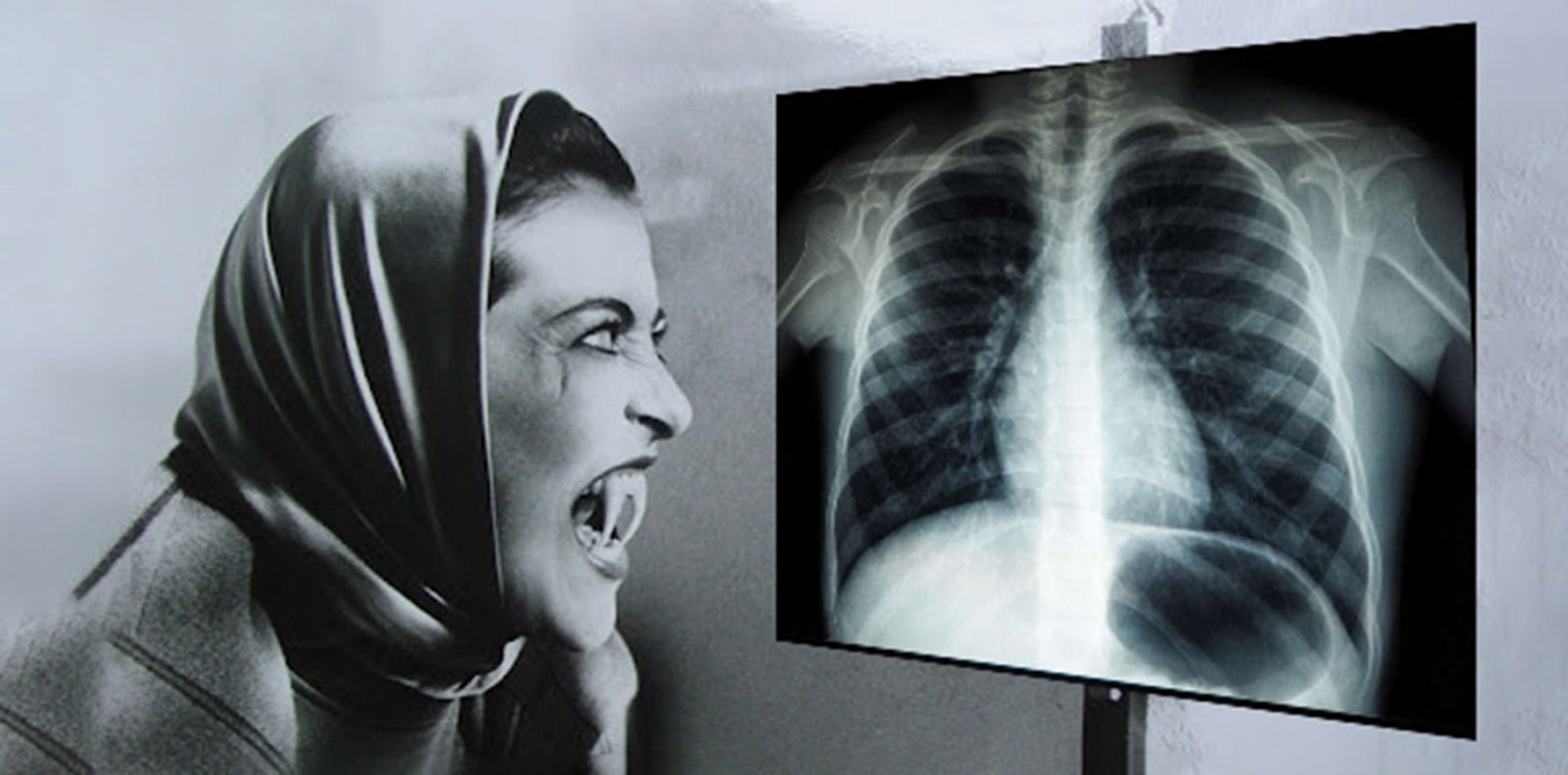Medical lives vary immensely but have a common kernel. Words can be hard to share, but they connect us across continents.
Writing is very easy for me. I find it to be the most natural and comfortable form of communication.
Nearly all of my friends and family are writers, in some form or another. I have boxes of correspondence spanning 25 years of friendship with one of my closest friends; the intimacy that comes from the intentionally crafted sentences of handwritten letters is incomparable to the standard written communication of today: quick text messages, crowded with uncorrected typos. I have endless journals and notebooks and diaries that I have kept over the last 30 years; in long tradition, my mother buys me a new one at the start of every year to fill with my writing.
I write every day and everywhere. Short story ideas in my notebooks which later form into long stories. I write academic papers with research colleagues. I write poetry, often quietly and shared with very few. Poets who publish their work are the bravest of all the writers, I think. I write speeches; for myself for actual events, for myself for imagined events, and for others at imagined events. In another life, I think I would like to be a speechwriter like West Wing‘s Sam Seaborn.
Writing is very easy. Sharing my writing with you is much harder.
I have a standing dinner date with my best friend every Wednesday. I write about him often in my pieces – he has such a rich and rewarding career as a paediatrician. He tells me about the work he has done in remote outreach programs and about his time working in southeast Asia. Even his daily life in metropolitan practice is fascinating, setting up a new public clinic or managing complex child protection issues. Every week, he tells beautiful stories, full of reflection and emotion and deep meaningful connection with the children and families he treats. I keep encouraging him to write and share his stories, but who would read them? he asks.
Related
Reflective medical writing has a very big audience. I didn’t know how big until I started to write for The Medical Republic as a paid columnist and continue to be taken aback by the reach of the publication. My article last fortnight about radiologists found its way into US medical media based in Silicon Valley. A piece I wrote last year about confidence ended up in French academic medical circles. An anaesthetist in WA sent me an email saying she enjoyed a piece I wrote about specialists. The paper, she explained, was sitting in the hospital’s theatre tearoom. It felt like a far cry from my living room in inner eastern Melbourne, where I wrote the words that were read so many kilometres away.
So, here are my three points.
First, doctors who enjoy reading seem very interested in the writings of other doctors. Perhaps, although our responsibilities vary and patients differ, the emotions and suffering and joys of medicine are quite universal and therefore relatable. As I said to my paediatrician friend, would we not both diligently read a column written by a burns surgeon if she wrote for a medical newspaper? Would we not deeply enjoy writing by a Royal Flying Doctor Service rural generalist, describing her day-to-day life? What about a pathologist, explaining the most difficult aspects of her job? Or a new intern, documenting her progression through the first 12 months of her career?
I, a devoted reader, would read all of that. I would devour it. I would share it with friends, I would think on it for days and weeks. I would repost articles that changed my practice or made me reflect on important ideas.
So, my second point is: why am I surprised when another doctor does the same with my writing? My small life, which I understand better when I write through it, is filled with moments and experiences with which someone, somewhere has connected. Truly, in a world that feels dominated by single-thought television and social media that stifles individual creativity, I am truly, truly glad to have personally written something original that brings connection in our complicated human existences.
And here is my third point: there is a lot of vulnerability and risk in medical writing. What reaches the internet will never be removed. Unlike my handwritten letters to my childhood best friend (which are loved, treasured, and guarded safely), my public writing will remain on the internet, able to be seen by loved ones, patients, future employers, and free to be torn apart, ridiculed, plagiarised, and mocked.
Positions and opinions I hold and write about today may well change in years to come, but they will remain public and published. I am aware of this, I have been warned, but I am fine with it. Writing is one of the deepest joys of my life and helps me to be a better person and doctor, and for so long as my parents remain proud of my writing, and it is intentional and considered, I will continue to write.
I do not have a degree in fine arts or creative writing; my formal qualifications, like yours, are in medicine. Most of the hours of the day are spent with patients. I just do what every English teacher has ever told me to do: write what you know.
I write about medicine. The small daily interactions I have with patients or colleagues – they are interesting to me. And as I write more and more of these human interest stories or pieces of reflective medical writing, I realise they are also interesting to you. So, I end with a personal encouragement – or perhaps plea – that more doctors of all ages and stages and specialties write. Write about the everyday, about the mundane. Write about the tough patients and your interesting and rich lives. I will read it. We will read it. And we will know that whether the writing was easy or hard, sharing it was even harder. And I thank you, reader, for reading mine.
Dr Pallavi Prathivadi is a Melbourne GP, adjunct senior lecturer at Monash University, 2024 RACGP mentor, and newly appointed member of the Eastern Melbourne PHN Clinical Council. She holds a PhD in safe opioid prescribing and was a Fulbright Scholar at the Stanford University School of Medicine, and previous RACGP National Registrar of the Year.





